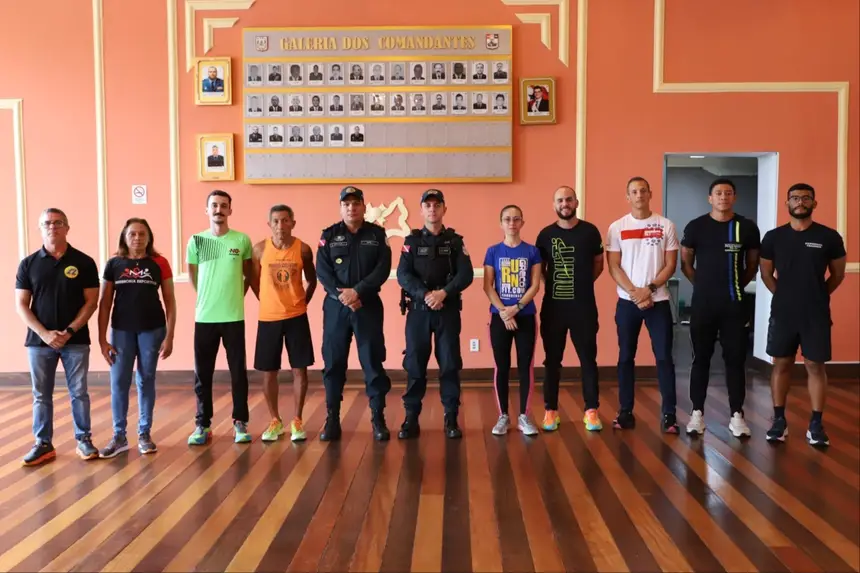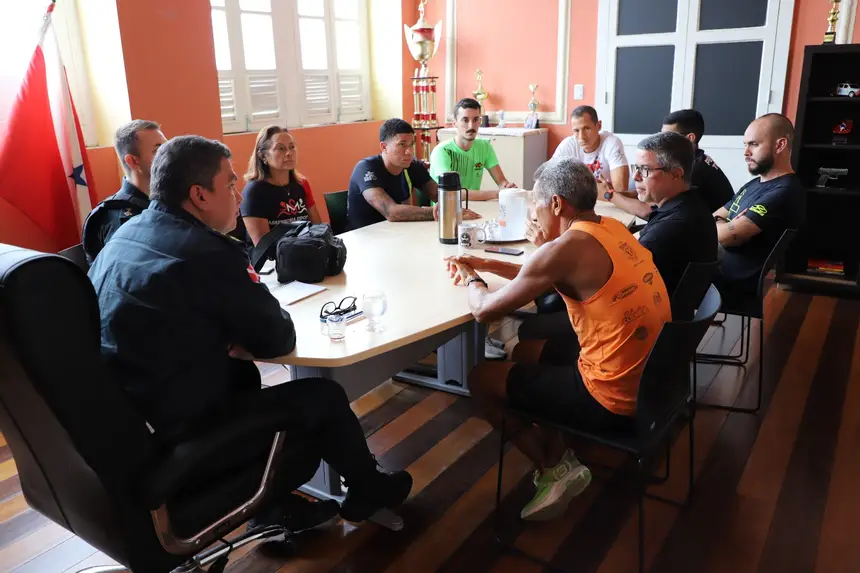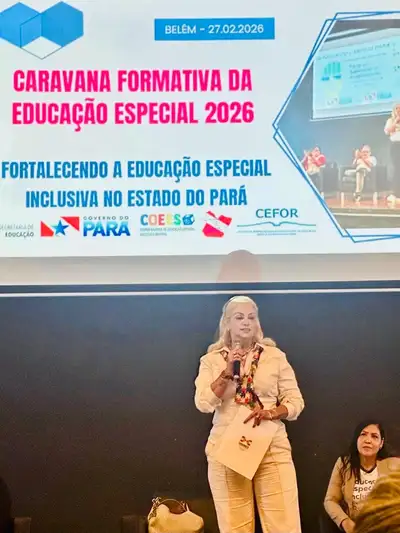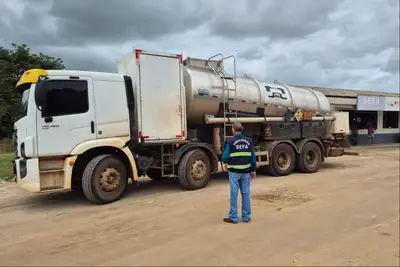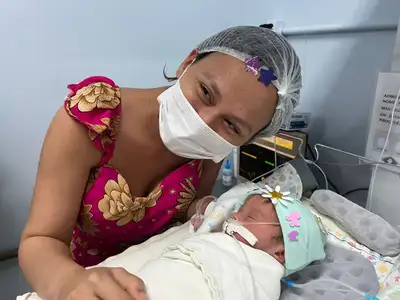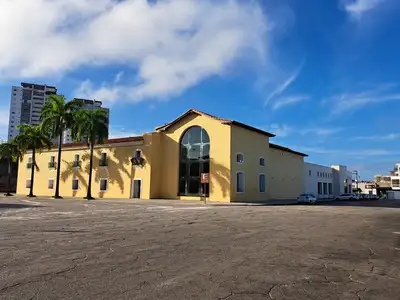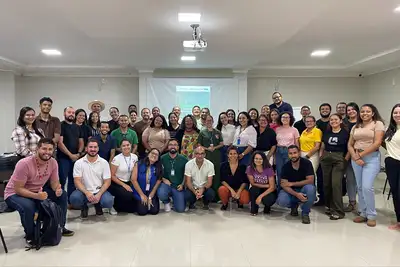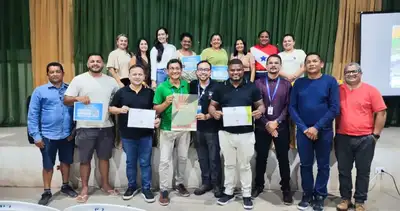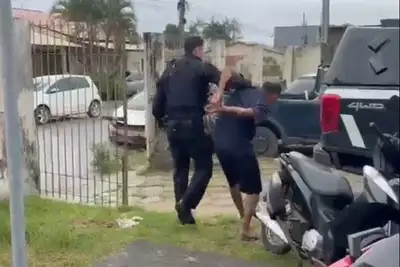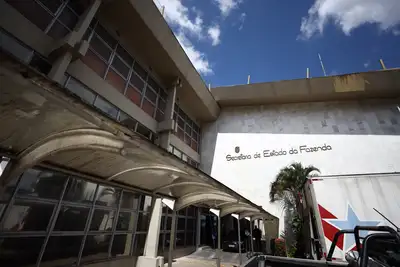PMPA holds community meeting with running advisors in Belém
Proximity police is based on direct cooperation between the Military Police and the community, seeking a relationship of trust and joint action for the prevention and resolution of public safety issues.
The Bicentennial Corporation has the mission to serve and protect society and the Pará heritage through preventive actions carried out by its agents, promoters of public safety, improving visible policing and proximity to citizens.
In this scenario, on the morning of this Tuesday (29), the Capital Policing Command I (CPC I) called for a community meeting with advisors and organizers of races at the headquarters of the Military Unit, in the Umarizal neighborhood, in Belém.
Actions such as community meetings and groups of mobilized social segments in alerts, coordinated by the Military Police, are a community safety strategy aimed at bringing residents and police forces closer together to prevent crimes and increase the local sense of security. These groups organized by the Proximity Police function as communication networks where citizens exchange information about suspicious activities, incidents, and safety tips, always focusing on objective and verified data to avoid rumors.
Proximity police is based on direct cooperation between the Military Police and the community, seeking a relationship of trust and joint action for the prevention and resolution of public safety issues. In this model, the police do not only act in repression but also in prevention, involving social segments of the communities in identifying and solving issues that generate criminality.
With the purpose of establishing a partnership between the Corporation and street athletes, a proposal was made by the commander of CPC I, Lieutenant Colonel L. Araujo, for an intensification of policing during events and exercises carried out by such groups, ensuring the safety of those present at the location and reducing the crime rate.
“What we need is precisely this: to align ostensive and preventive actions that guarantee the safety of all, through the demands brought by the commissions and coordinations of the sports events. Just inform us to put it into practice,” stated Lieutenant Colonel L. Araújo.
Finally, a partnership was created to achieve these objectives, facilitated through bulletins and a virtual group in an instant messaging application. A strategy of the Military Police to coordinate and support these networks, offering direct communication channels in this instant messaging group, and holding periodic meetings to discuss local actions and needs.
“We just had a very productive meeting with Lieutenant Colonel L. Araújo. We created a group in an instant messaging application together with the Military Police to curb these robberies that happen during our training times. We were very well received, and this was the starting point for a great partnership,” declared Célio Lobato, coordinator of a running advisory.
The groups coordinated by the proximity police are an effective tool for community policing that promotes the active participation of residents in public safety, strengthening crime prevention through cooperation, social participation, efficient communication, and integration among the various social segments and the Military Police.



